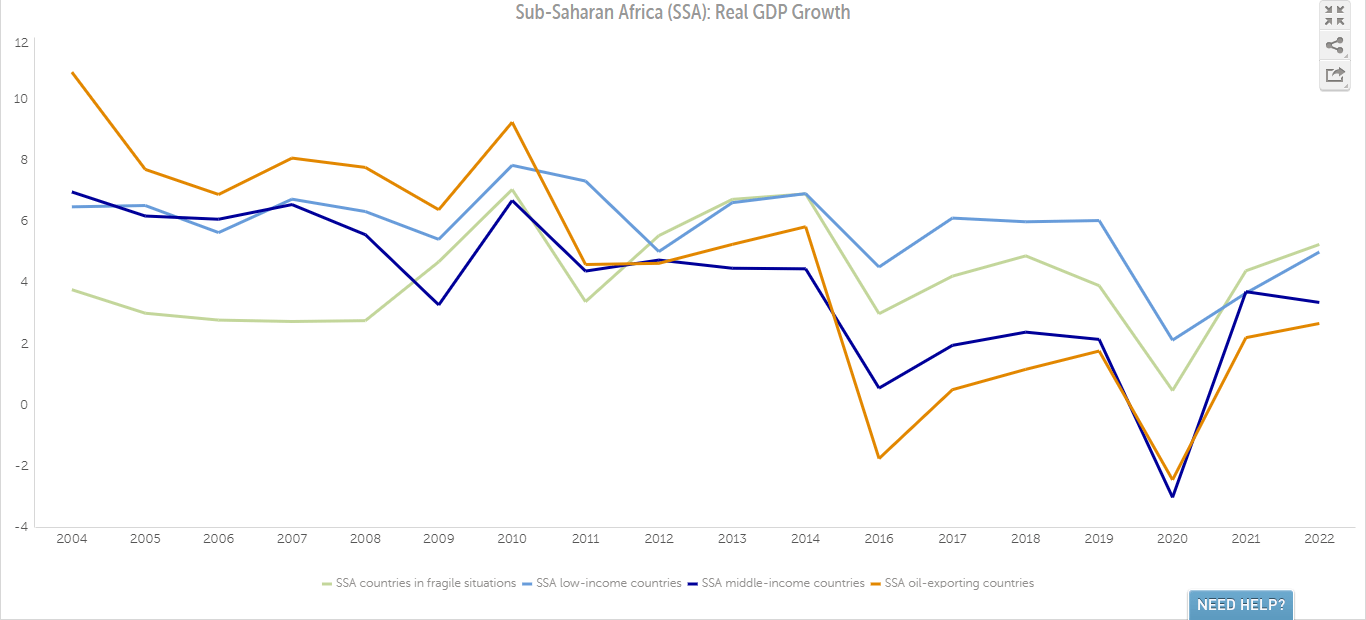The impact of the new DTA between South Africa and Mauritius
Share

Mauritius has signed on the 17th May 2013 a new double taxation agreement (DTA) with South Africa which will come into force on 1st January 2015. The previous agreement signed on 5th July 1996 will then be ceased. The new DTA has rung the bells in South Africa on the eventual tax impact it may have to cross border investments between the two countries. Significant concerns have been voiced about some of the changes introduced into the new DTA. Apparently, these changes were brought in as it was felt that South African multinationals were abusing the 1996 DTA.
The main changes to the agreement which appear to be of concern relate to dual residence for entities, to withholding taxes on dividends, interest and royalties and to capital gains tax. However, on the definition of ‘permanent establishment’, a treaty term for a fixed place of business through which business is carried on, the new DTA considers a business lasting more than 12 months (previously 9 months) as a permanent establishment which gives more tax flexibility to Mauritian enterprises operating in South Africa.
In terms of the 1996 DTA, where a company is tax resident in both countries, the company is deemed to be a resident of the state in which its place of effective management is situated. There is no set definition of ‘place of effective management’. The South African Revenue Service has published an interpretation note where it considers the place of effective management as the place where the company is managed on a regular or day-to-day basis by the directors or senior managers of the company, irrespective of where the overriding control is exercised, or where the board of directors meets. A company incorporated in Mauritius, which is effectively managed in South Africa, would thus, in terms of the 1996 DTA, deemed to be tax resident in South Africa. However, if the company has its place of effective management in Mauritius, the company is taxable in Mauritius at the corporate rate of 15% compared to the 28% tax rate in South Africa.
The new DTA provides that where a company is resident of both countries, the tax authorities of the two countries must by mutual agreement endeavour to determine the question of tax residency of the company. In the absence of such mutual agreement, the company shall be considered to be outside the scope of the DTA except for ‘exchange of information’ on the company between the two countries. The exchange of information is an agreement forming part of a DTA to exchange information between two tax authorities for the administration and enforcement of tax laws. This approach will automatically create uncertainty for companies, especially for the Mauritius global companies which are inappropriately effectively managed from South Africa.
The 1996 DTA provides that the country of residence of the payer of dividends may levy withholding tax whereas interest and royalties arising in one state and payable to a resident of the other state shall be taxable in that other state provided the recipient is the beneficial owner, i.e. no withholding tax in the country of the payer of interest and royalties. Beneficial owner is widely understood to be a person who enjoys the possession and/or benefits of ownership (such as receipt of income) of a property even though its title is in another person’s name. The new treaty contains a withholding tax rate on these incomes.
The issue with the new DTA is that its mode of application with regard to the above withholding tax rates shall be by mutual agreement by the two tax authorities. As example, a Mauritian resident company receiving royalties from a South African resident company would be subject to the treaty rate of 5% withholding tax (present South African rate is 12%) provided the Mauritius company is the beneficial owner of the royalties and the two tax authorities agree mutually on the residency of the company and the treaty withholding tax rate. In my opinion, South Africa has got the upper edge with regard to the mutual agreement as Mauritius does not impose withholding tax on all dividends and on interest and royalties payable to a non-resident by a Global Category 1 company out of its foreign source income. Will this not be a deterrent considering that a Global Category 1 company can pay a maximum of 3% tax on its foreign income?
In my opinion, I feel that the requirement to have the two tax authorities to decide by mutual agreement the application of the new DTA in respect of residence, dividends, interest and royalties is a disguise and quick way to obtain taxpayers’ information on a regular basis rather than using the article of the new DTA on exchange of information which may be heavy administratively and time consuming.

















